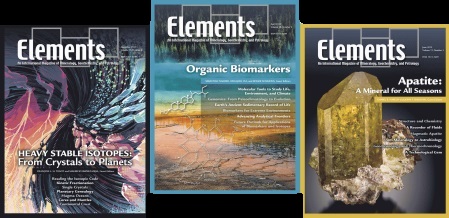New advances in cognitive psychology and learning science provide insights into how people construct knowledge, with important implications for how we learn from, and teach about, the Earth. Research on learning has demonstrated that effective instructional practices require students to construct their own knowledge bases (i.e. a shift in emphasis from teaching to learning), address diverse student learning styles, employ a variety of active-learning strategies, and encourage inquiry and discovery. These emerging principles provide a context for us to reflect collectively on what and how we teach in our mineralogy, petrology, and geochemistry courses. If we are to meet the challenges of the 21st century, our new instructional goal should be to develop students who are lifelong learners and who use the knowledge base, technical skills, and cognitive strategies that are used by “master” geoscientists. As a result, we will help sustain the long-term health and relevance of the mineralogy, petrology, and geochemistry community
This content is for Registered members only. To subscribe, please
join one of our participating societies or contact the Editorial Team.

